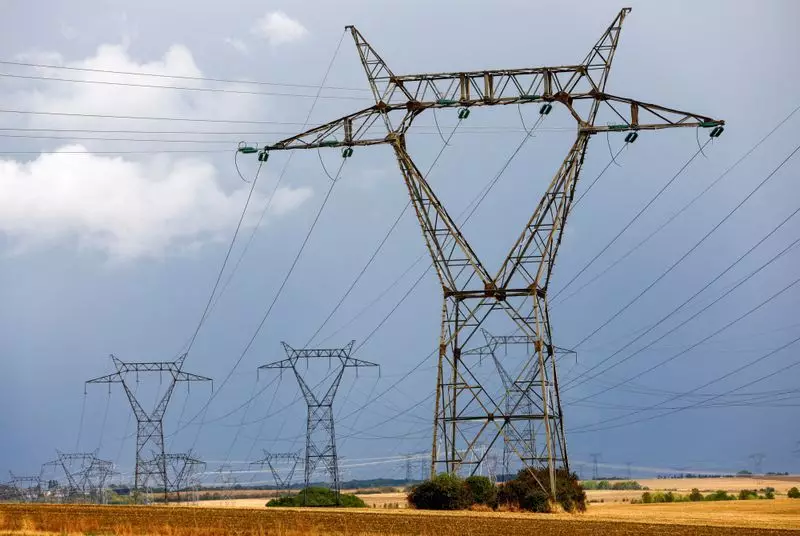
The Union Power Ministry has escalated its pressure on state governments, issuing a stern warning to six states that have been dragging their feet on crucial electricity distribution reforms. The states of Rajasthan, Jharkhand, Tamil Nadu, Andhra Pradesh, Karnataka, and Jammu & Kashmir now face an ultimatum: either implement long-pending reforms or prepare for privatization of their power distribution companies (discoms).
The Reform Mandate and State Resistance
At the heart of this confrontation lies the Revamped Distribution Sector Scheme (RDSS), a central government initiative designed to rescue the ailing power distribution sector. The scheme mandates states to either privatize their discoms or develop concrete action plans for reducing their massive aggregate technical and commercial (AT&C) losses.
Despite multiple extensions and warnings, these six states have failed to comply with the reform requirements. The Power Ministry's patience has worn thin, leading to this latest directive that leaves no room for further delays.
State-Specific Challenges and Deadlines
Each state faces unique challenges and specific deadlines:
- Rajasthan and Jharkhand have been given until December 31, 2024, to submit their loss reduction plans
- Tamil Nadu, Andhra Pradesh, and Karnataka must present their strategies by March 31, 2025
- Jammu & Kashmir operates under a separate timeline due to its unique circumstances
The ministry has made it clear that failure to meet these deadlines will result in mandatory privatization of power distribution in these states.
The Financial Burden of Inefficiency
The urgency behind these reforms stems from the staggering financial losses plaguing the sector. State discoms collectively owe power generators approximately ₹2.5 trillion, creating a domino effect that threatens the entire energy ecosystem. High AT&C losses, often exceeding 15-20% in some states, represent both technical inefficiencies and commercial losses due to theft and poor billing practices.
"The current situation is unsustainable," noted a senior power ministry official. "Either states take ownership of fixing their distribution networks, or we will bring in private players who can operate them efficiently."
Broader Implications for India's Power Sector
This standoff represents a critical juncture for India's power sector reforms. The central government appears determined to break the cycle of bailouts and temporary fixes that have characterized the sector for decades. The RDSS scheme, with its carrot-and-stick approach, aims to create a sustainable, efficient power distribution network capable of supporting India's growing energy needs.
Industry experts suggest that this move could finally force the much-needed structural changes in state electricity boards, potentially transforming how power is distributed and paid for across the country.






